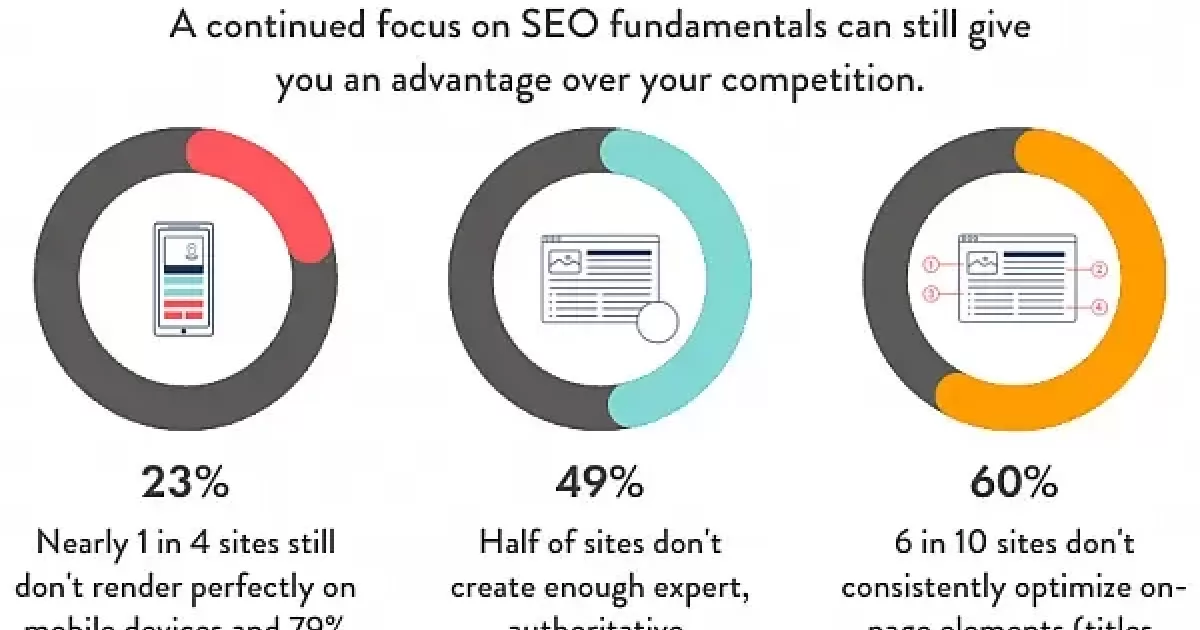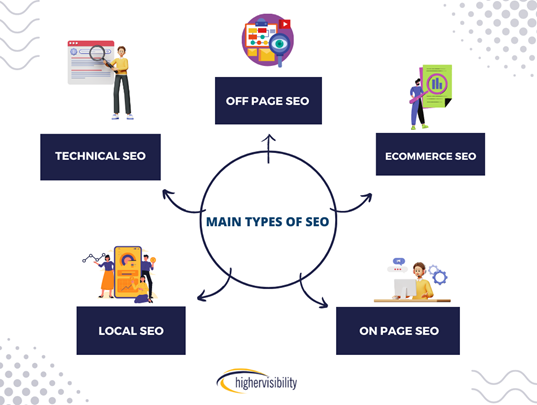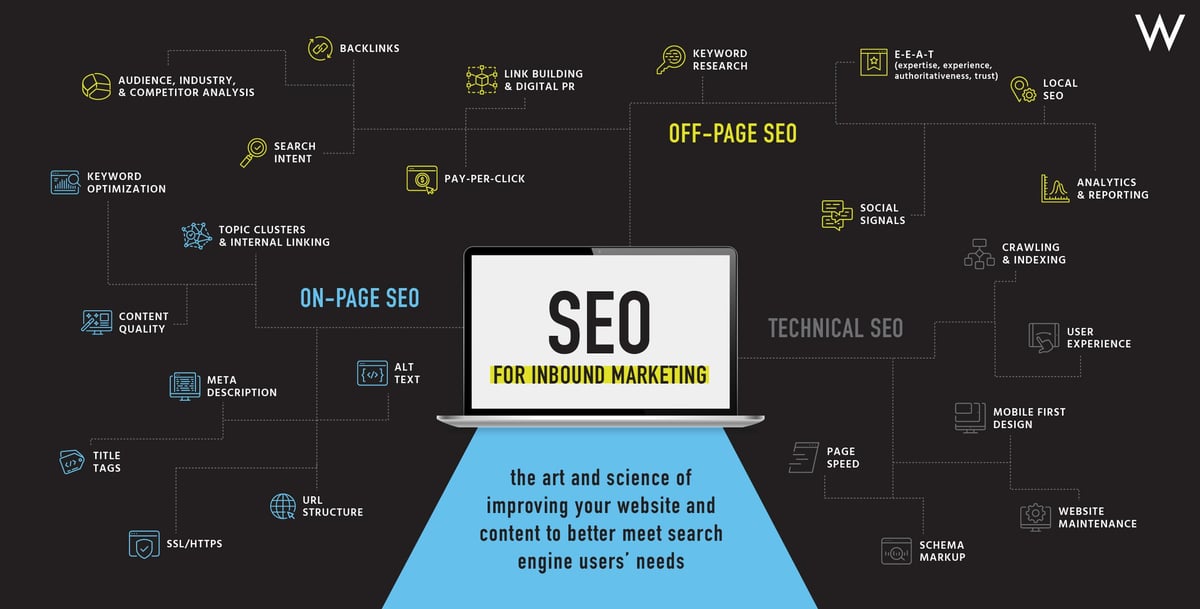Unlock the secrets to reliable SEO tracking methods for consistent results and take your website to the next level today!

Image courtesy of via DALL-E 3
Table of Contents
Introduction to SEO Tracking
SEO, or search engine optimization, is like a magic wand that helps websites appear higher in search results when you look for something online. But just like a wizard needs to keep track of their spells, website owners need to track their SEO to see how well it’s working. This is where SEO tracking comes in, using reliable methods to consistently achieve good results.
What is SEO?
SEO is all about making your website friendly to search engines so they can easily understand what your site is about. When search engines like Google or Bing like your site, they’ll show it to more people searching for similar things. It’s like having a secret code that helps your website stand out in a crowded digital world.
Why Track SEO?
Imagine you have a treasure map, but you can’t see if you’re getting closer to the treasure without tracking your progress. Tracking SEO is like following a map to success. It helps website owners understand if their SEO strategies are working or if they need to adjust things to get better results. Without tracking, it’s like walking in the dark without a flashlight.
Using Google Analytics
Integrating Google Analytics into your website can help you track important data to improve your SEO and overall website performance. Let’s delve into how you can make the most out of Google Analytics.
Setting Up Google Analytics
Setting up Google Analytics is a simple process that involves creating an account, generating a tracking code, and embedding it into your website. Once set up, Google Analytics will start collecting valuable data about your website visitors, including where they come from, how long they stay on your site, and which pages they visit the most.
Metrics to Watch
When using Google Analytics, it’s essential to keep an eye on specific metrics to gauge the effectiveness of your SEO efforts. Some key metrics to monitor include organic search traffic, bounce rate, page views, average session duration, and conversion rate. By analyzing these metrics regularly, you can identify areas for improvement and refine your SEO strategies.
Keyword Tracking
Keywords are the words or phrases that people type into search engines like Google when looking for information. If you have a website, choosing the right keywords to focus on is crucial for helping people find your site. Imagine you’re searching for your favorite video game online. You would likely type in words like “best video game” or “top video game reviews.” These are the keywords that game websites would want to use to ensure their site appears at the top of your search results.

Image courtesy of www.workshopdigital.com via Google Images
Tools for Keyword Tracking
Tracking how well your chosen keywords are performing can help you see if your website is getting the attention it deserves. Tools like SEMrush or Ahrefs are like special detective gadgets that tell you how often people are searching for your keywords and how well your website is ranking for them. Just like a treasure map leads you to the hidden treasure, these tools guide you to the right keywords to focus on for better SEO results.
Backlink Tracking
Backlinks are like recommendations from other websites. When a website links to another site, it’s like saying, “Hey, this site is worth checking out!” These links are crucial for SEO because search engines see them as a vote of confidence. The more quality backlinks your site has, the more authority and credibility it gains in the eyes of search engines.
Tools for Tracking Backlinks
If you want to keep an eye on your backlinks, there are some handy tools available. Tools like Moz or Majestic can help you track and analyze your backlink profile. They show you who is linking to your site, the quality of those links, and how they impact your SEO performance. With these tools, you can monitor your backlinks and make informed decisions to improve your website’s ranking.
Content Performance Tracking
Tracking content performance is crucial for ensuring that your website is reaching its target audience effectively. By measuring various metrics, you can understand what content resonates with your readers and what may need improvement. Here, we will explore the key metrics for content performance tracking and introduce tools that can help you in this process.

Image courtesy of www.gravitatedesign.com via Google Images
Metrics for Content Performance
When tracking content performance, there are several key metrics to consider:
1. Page Views: This metric shows how many times a particular page on your website has been viewed. It helps you understand which content is popular among your audience.
2. Average Time on Page: This metric tells you how much time visitors spend on a specific page. A higher average time on page indicates that your content is engaging.
3. Bounce Rate: The bounce rate shows the percentage of visitors who navigate away from your site after viewing only one page. A high bounce rate may indicate that your content needs improvement.
4. Conversion Rate: This metric measures the percentage of visitors who take a desired action, such as signing up for a newsletter or making a purchase. A high conversion rate indicates that your content is effective in driving user actions.
Tools to Track Content
There are several tools available to help you track the performance of your content:
1. BuzzSumo: BuzzSumo allows you to analyze what content performs best for any topic or competitor. You can see which pieces are getting the most shares across social media platforms.
2. Google Search Console: Google Search Console provides valuable insights into how your site performs in Google search results. It shows you which pages are driving traffic and how users are interacting with your content.
By regularly monitoring these metrics and utilizing these tools, you can optimize your content strategy to better engage your audience and improve your website’s overall performance.
Mobile SEO Tracking
Mobile SEO refers to the process of optimizing a website for mobile devices to ensure a seamless and user-friendly experience for visitors accessing the site on their phones or tablets. In today’s digital age, where mobile usage has surpassed desktops, having a mobile-friendly website is crucial for reaching a wider audience and improving your search engine rankings. Search engines like Google prioritize mobile-friendly websites in their search results, making mobile SEO tracking essential for maintaining and improving your site’s visibility.
Tools for Mobile SEO
One of the most popular tools for mobile SEO tracking is Google’s Mobile-Friendly Test. This tool allows website owners to check if their site meets Google’s mobile optimization standards and provides suggestions on how to improve mobile performance. By analyzing your website’s mobile-friendliness and making necessary adjustments, you can enhance the user experience, increase mobile traffic, and boost your SEO rankings.
Local SEO Tracking
Local SEO is all about optimizing your online presence to attract more business from relevant local searches. This means if someone in your area is looking for a product or service you offer, they should be able to find you easily online. Local SEO helps businesses improve their visibility in local search results, making it easier for potential customers to find them.

Image courtesy of www.highervisibility.com via Google Images
Tools for Local SEO
Tracking your local SEO performance is essential to understand how well your business is reaching local customers. Two popular tools for local SEO tracking are Google My Business and Moz Local.
Google My Business allows you to manage your online presence across Google, including Search and Maps. You can update your business information, respond to reviews, and see how customers are interacting with your listing.
Moz Local helps you manage your online listings across the web. It ensures that your business information is accurate and consistent across different platforms, helping you rank higher in local search results.
Using Reports and Dashboards
When it comes to tracking SEO efficiently, utilizing reports and dashboards can make a significant difference. These tools allow you to consolidate crucial information in one place, providing you with a comprehensive view of your website’s performance. Let’s explore how reports and dashboards can help you achieve consistent results in your SEO efforts.
Creating Reports
Creating reports is an essential part of tracking SEO effectively. Reports help you analyze key metrics and trends to understand what is working well and what areas need improvement. When preparing reports, it’s important to include data on website traffic, keyword performance, backlinks, and content engagement.
To create an effective SEO report, start by defining your goals and key performance indicators (KPIs). Identify the metrics that matter most to your website’s success, such as organic traffic growth, keyword rankings, and conversion rates. Use tools like Google Analytics, SEMrush, or Ahrefs to gather data and generate insightful reports.
Once you have collected the necessary data, organize it into a clear and visually appealing format. Consider using graphs, charts, and tables to present information in a way that is easy to understand. Highlight key findings, trends, and actionable insights that can help guide your SEO strategy moving forward.
Using Dashboards
Dashboards offer a centralized location where you can monitor multiple aspects of your website’s SEO performance in real-time. These visual displays provide a snapshot of important metrics and trends, allowing you to quickly assess the overall health of your SEO efforts.
When setting up a dashboard, choose the most relevant KPIs for your website and business goals. Customize the dashboard to display metrics such as organic traffic, keyword rankings, backlink quality, and content engagement. Tools like Google Data Studio or Tableau can help you build interactive dashboards that can be shared with team members or clients.
Regularly review your dashboard to track progress, identify areas for improvement, and make data-driven decisions. By using reports and dashboards to consolidate tracking information, you can gain valuable insights into your SEO performance and optimize your website for better results.
Conclusion & Summary
In this blog post, we have explored the world of SEO tracking and the importance of using reliable methods to achieve consistent results. By tracking various aspects of SEO performance, website owners can gain valuable insights into how well their websites are doing and identify areas for improvement.

Image courtesy of www.weidert.com via Google Images
Summary of Key Points
Throughout this post, we have covered:
1. The definition and significance of SEO, which stands for Search Engine Optimization, in helping websites rank higher on search engine results pages.
2. The necessity of tracking SEO to measure website performance accurately and make informed decisions for optimization.
3. The use of Google Analytics as a powerful tool for monitoring website performance and SEO metrics.
4. The importance of keyword tracking and how it influences SEO success, along with tools like SEMrush and Ahrefs for effective keyword tracking.
5. Understanding backlinks and their impact on SEO, as well as tools like Moz and Majestic for tracking backlinks effectively.
6. The significance of tracking content performance and tools like BuzzSumo and Google Search Console for measuring content success.
7. The importance of mobile SEO tracking in today’s digital landscape and tools like Google’s Mobile-Friendly Test for optimizing mobile performance.
8. The concept of local SEO and tools like Google My Business and Moz Local for monitoring and improving local search visibility.
9. The use of reports and dashboards to consolidate tracking information and gain a comprehensive overview of SEO performance.
By implementing these strategies and utilizing the suggested tools, website owners can track and optimize their SEO efforts effectively for consistent and sustainable results.
Frequently Asked Questions (FAQs)
What is SEO?
SEO stands for Search Engine Optimization. It’s a way to help your website show up higher in search results when people type in certain keywords. Think of it like this: when you search for something on the internet, you usually click on the first few websites that show up, right? SEO helps websites be one of those top results.
Why Track SEO?
Tracking SEO is important because it helps website owners understand how well their site is doing in search engines. By keeping an eye on SEO, you can see what’s working well and what might need improvement. It’s like checking how well your favorite sports team is doing in a game – you want to know if they’re winning or if they need to change their strategy.







